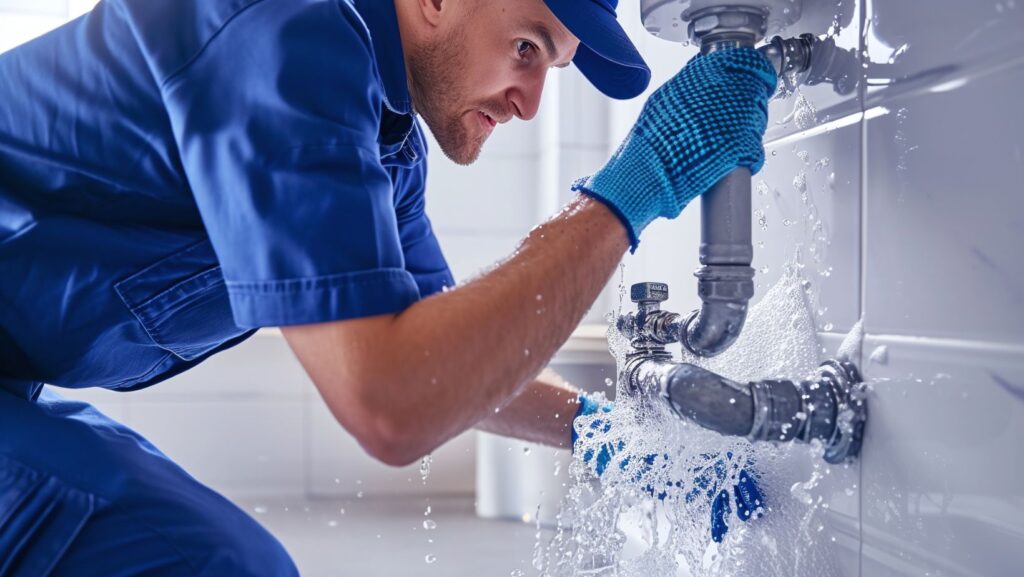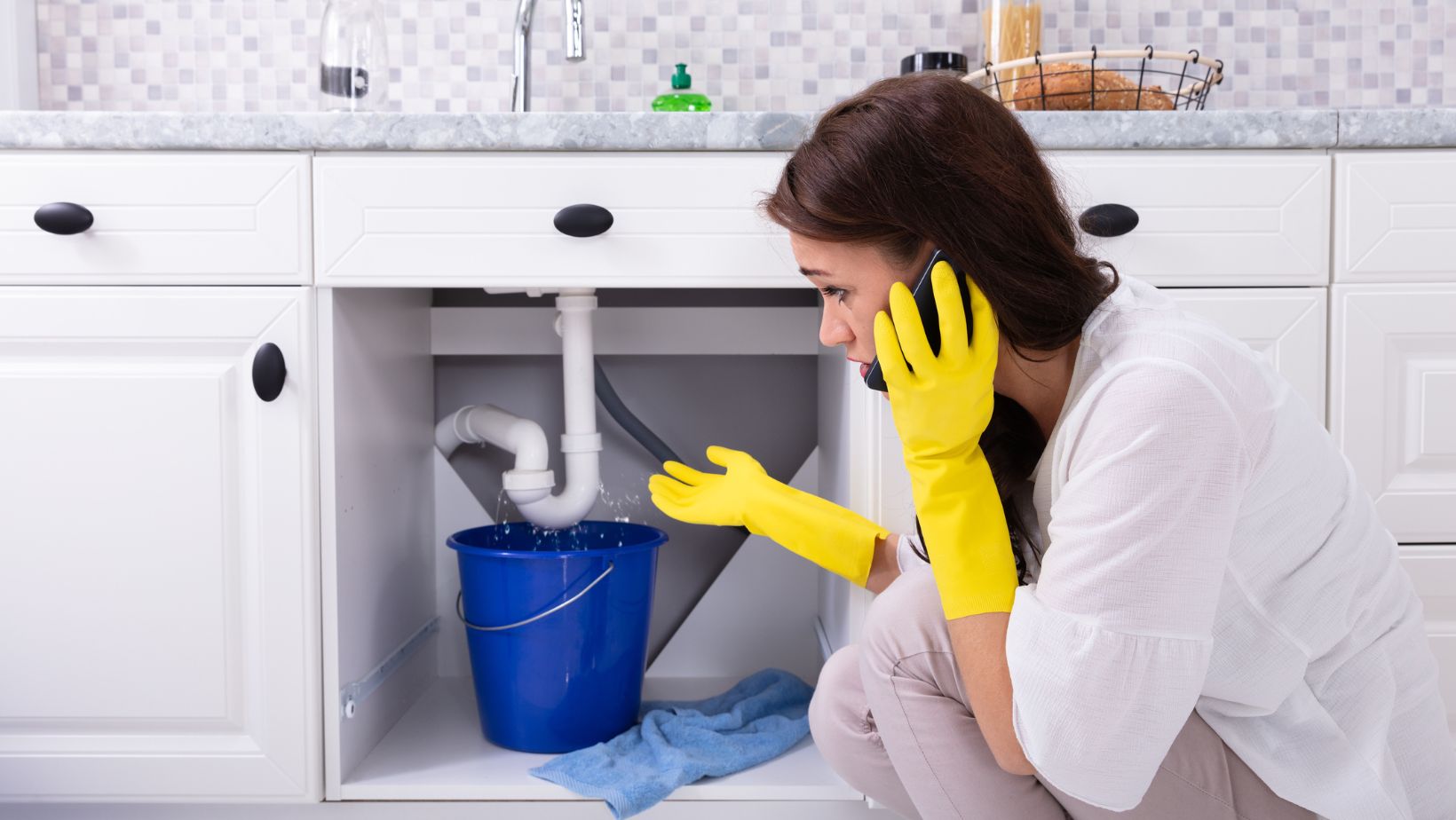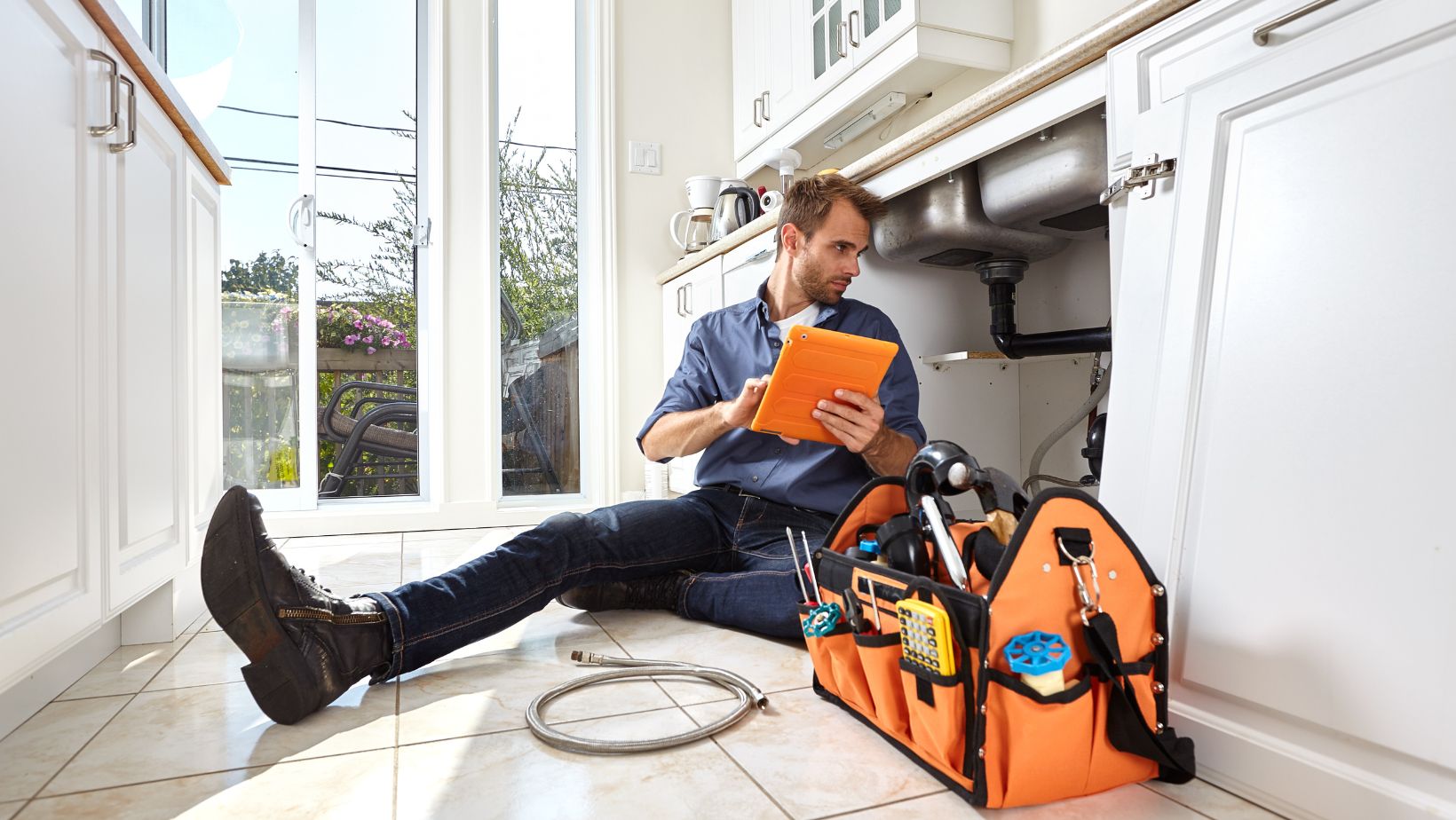
Finding a reliable plumber can feel overwhelming when faced with a plumbing issue. The stakes are high, as improper plumbing repairs can lead to significant damage and costs. Therefore, it’s essential to choose a skilled and trustworthy professional.
This guide will help you understand how to find a reliable plumber by highlighting key questions to ask before hiring. Keep reading for more!
Are They Licensed and Insured?
Determining if the plumber holds a valid license and insurance is essential. A license guarantees that the plumber possesses the skills and knowledge to carry out plumbing duties securely and efficiently. Meanwhile, insurance protects you from any liabilities or damages during the repair or installation process.
How Much Experience Do They Have?
Experience matters in plumbing. An experienced plumber has likely encountered many issues and can provide solutions efficiently. Ask about their years in the industry and if they have specific experience with the type of problem you’re facing.
What Are Their Rates?
Before committing to any service, it’s essential to understand the cost. For instance, you can ask for a detailed price quote from at least one trustworthy professional before you choose a plumbing service in Overland Park, Kansas, or your location. The estimate should cover the cost of labor, materials, and any other possible fees.

Also, comparing quotes from multiple plumbers can help you find a service that fits your budget while ensuring quality work.
Can They Provide References?
A reliable plumber should have a list of references or customer reviews readily available. Contacting previous clients can give you insight into the plumber’s artistry, reliability, and customer service. Also, having former clients happy with their work indicates a trustworthy professional.
Do They Offer Warranties?
Inquire about labor and parts warranties. A labor warranty covers the plumber’s workmanship. If any issues arise from the plumbing work performed, the plumber will return to fix the problem at no extra cost to the homeowner. Depending on the plumber or company, labor warranties can range from 30 days to several years.
Meanwhile, a parts warranty covers the materials and parts used during the plumbing work. If a component malfunctions or is found faulty during the warranty period, it will be repaired or replaced at zero cost. The manufacturers of plumbing components often provide parts warranties, which can vary significantly, with some lasting for a year and others lasting for a lifetime.
Plumbing warranties are essential because they provide financial protection and assurance that the work is high quality. They reflect the plumber’s confidence in their workmanship and the materials’ reliability. For homeowners, warranties reduce the risk of additional expenses for repairs or replacements shortly after the initial work is completed.
What Are Their Response Times?
Plumbing emergencies happen without warning, so quick response times are crucial. Ask the plumber about their availability and how soon they can attend to your issue. A reliable plumber should offer prompt service, especially in emergencies.
For burst pipes, major leaks, or significant drainage problems, you should expect a plumber to respond within 30 minutes to an hour. Immediate response is ideal for emergencies to prevent extensive damage. However, a response time of one to two hours can also be acceptable if the plumber properly sets expectations about their arrival time and steps to mitigate the problem until they arrive.
When contacting a plumber, clearly state the urgency of your issue. This helps them prioritize your request appropriately.
Do They Have a Clean-Up Policy?
Plumbing work can be messy. Ensure that the plumber you hire has a clear policy for clean-up after the job is done. A professional should leave your home as clean as it was before they started the work.

What if a plumber doesn’t have a clean-up policy? It doesn’t necessarily mean you should rule them out immediately, but it’s something to consider carefully.
Ask the plumber directly about how they handle clean-up after completing a job. They might not have a formal policy but could still ensure the area is kept tidy.
Communicate your expectations regarding clean-up. Outline what you expect in terms of cleanliness once the work is completed. This can include removing debris, wiping down surfaces, and ensuring no tools or materials are left behind.
Are They Transparent About Their Process?
A good plumber will communicate clearly and be transparent about their process. They should be able to explain the issue, the necessary repairs, and any potential complications. Transparency helps build trust and ensures you’re fully informed about the work being done.
Conclusion
Finding a reliable plumber involves asking the right questions and researching. Ensuring the plumber is licensed, insured, experienced, and well-reviewed can avoid common pitfalls and ensure your plumbing issues are handled professionally. Always get a detailed price quote, check for warranties, and understand their response times and clean-up policies. Follow these steps and confidently hire a reliable plumber who meets your needs and budget!











